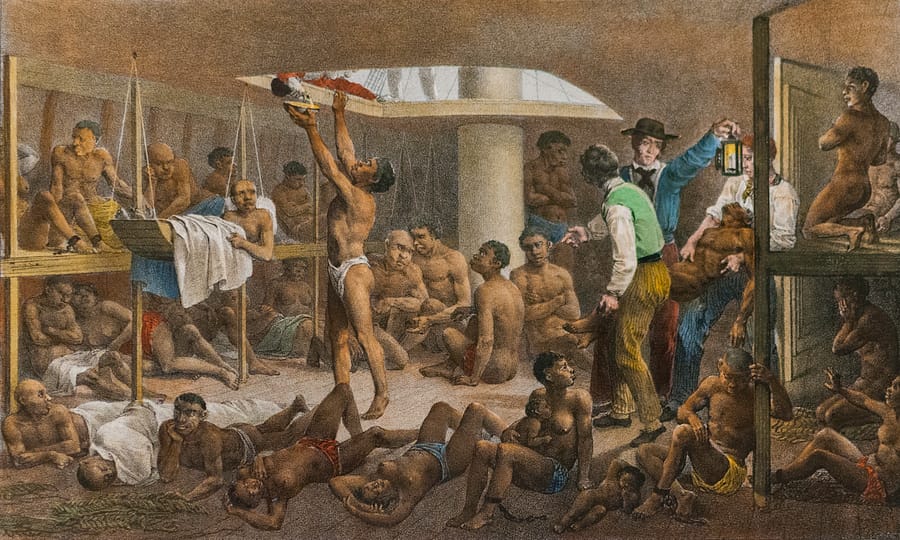Introduction:
Pope Nicholas V, a pivotal figure in Christian history, ascended to the papal throne in 1447. His papacy, though marked by various accomplishments, bears a controversial legacy concerning slavery and its implications for Africa. This essay delves into the significance of Pope Nicholas V’s stance on slavery, highlighting the caution African communities should exercise regarding Christianity in light of his actions.
Pope Nicholas V’s Papacy and the Sanctioning of Slavery:
During Pope Nicholas V’s tenure, Europe was engaged in extensive exploration and colonization, often accompanied by the brutal enslavement of indigenous peoples, particularly Africans. In 1452, the Pope issued the papal bull “Dum Diversas,” granting Portuguese King Alfonso V the authority to subjugate Saracens (Muslims) and pagans, and to conquer and vanquish them, thus legitimizing the enslavement of non-Christians. This papal decree provided a religious justification for the enslavement and exploitation of African peoples, contributing to the rapid expansion of the transatlantic slave trade.
Furthermore, in 1455, Pope Nicholas V issued the papal bull “Romanus Pontifex,” reinforcing the authority granted to European powers to subjugate non-Christians and facilitate their conversion to Christianity by any means necessary. This decree not only perpetuated the enslavement of Africans but also justified the violent imposition of Christianity upon indigenous cultures, eroding their autonomy and cultural heritage.
The Aftermath and Caution for Africans:

The consequences of Pope Nicholas V’s endorsement of slavery reverberated throughout history, with profound implications for African societies. The transatlantic slave trade, fueled by European greed and justified by religious doctrine, inflicted untold suffering upon millions of Africans, disrupting communities, erasing cultural identities, and perpetuating cycles of exploitation and oppression.
Moreover, the legacy of colonialism and imperialism, rooted in the same Eurocentric ideologies that sanctioned slavery, continues to impact Africa to this day. The imposition of Christianity, often accompanied by the suppression of indigenous beliefs and practices, has contributed to the erosion of African spirituality and autonomy, further exacerbating the legacy of colonization.
In light of Pope Nicholas V’s role in sanctioning slavery and the subsequent repercussions for Africa, African communities must approach Christianity with caution and critical scrutiny. While Christianity has undoubtedly played a significant role in shaping African history and culture, it is essential to acknowledge and confront its complicity in perpetuating systems of oppression and exploitation.
Conclusion:
The papacy of Pope Nicholas V stands as a stark reminder of the intersectionality of Christianity, slavery, and colonialism, and its enduring impact on Africa. By shedding light on this overlooked aspect of history, we can foster a more nuanced understanding of the complex dynamics at play and empower African communities to reclaim their narratives and assert their agency in the face of historical injustices.
